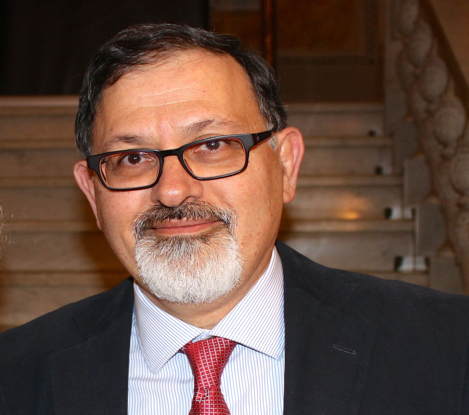Josep M. Poblet graduated in Chemistry in 1979 from the University of Barcelona. At the same university, he obtained his PhD degree in 1983 under the supervision of Professor Enric Canadell. After a postdoctoral stay with Professor Marc Bénard at the University of Strasbourg, he became Associate Professor in Physical Chemistry at the Rovira i Virgili University (URV) in 1986. Since 2001, he is Professor of Physical Chemistry at this university and has been Director of the Physical and Inorganic Chemistry Department for more than14 years. He did a research stay at Emory University in 2004 and he is coauthor of more than 260 scientific publications including papers in Nature, Nature Chemistry, JACS, etc. He was awarded with the 2012 Bruker Physical Chemistry Prize of the RSEQ and was named Distinguished Professor of the URV in 2014. He was awarded with the ICREA ACADEMIA award for research excellence in 2015.

Josep Maria Poblet Rius
ICREA Acadèmia 2015
Universitat Rovira i Virgili · Experimental Sciences & Mathematics

Research interests
My current research is theoretical inorganic chemistry with particular interest in the electronic structure, reactivity and self-assembly of complex systems. I have large experience in the computational modeling of molecular metal oxides (or polyoxometalates), which are a huge family of compounds with applications in many fields, such as materials science, homogeneous and heterogeneous catalysis, spintronics, medicine, and analytical chemistry among many others. During the last years, I have been interested in the modeling of electrocatalytically and photocatalytically activated high value-added processes, such as, water oxidation or carbon dioxide reduction. We are also involved in the study of formation mechanisms of fullerenes and metalofullerenes at high temperatures and, in general, in the structural and physical and chemical properties of carbon nanoforms.
Keywords
Computational chemistry, Nanoscience, polyoxometalates, carbon nanoforms, catalysis, clean energy